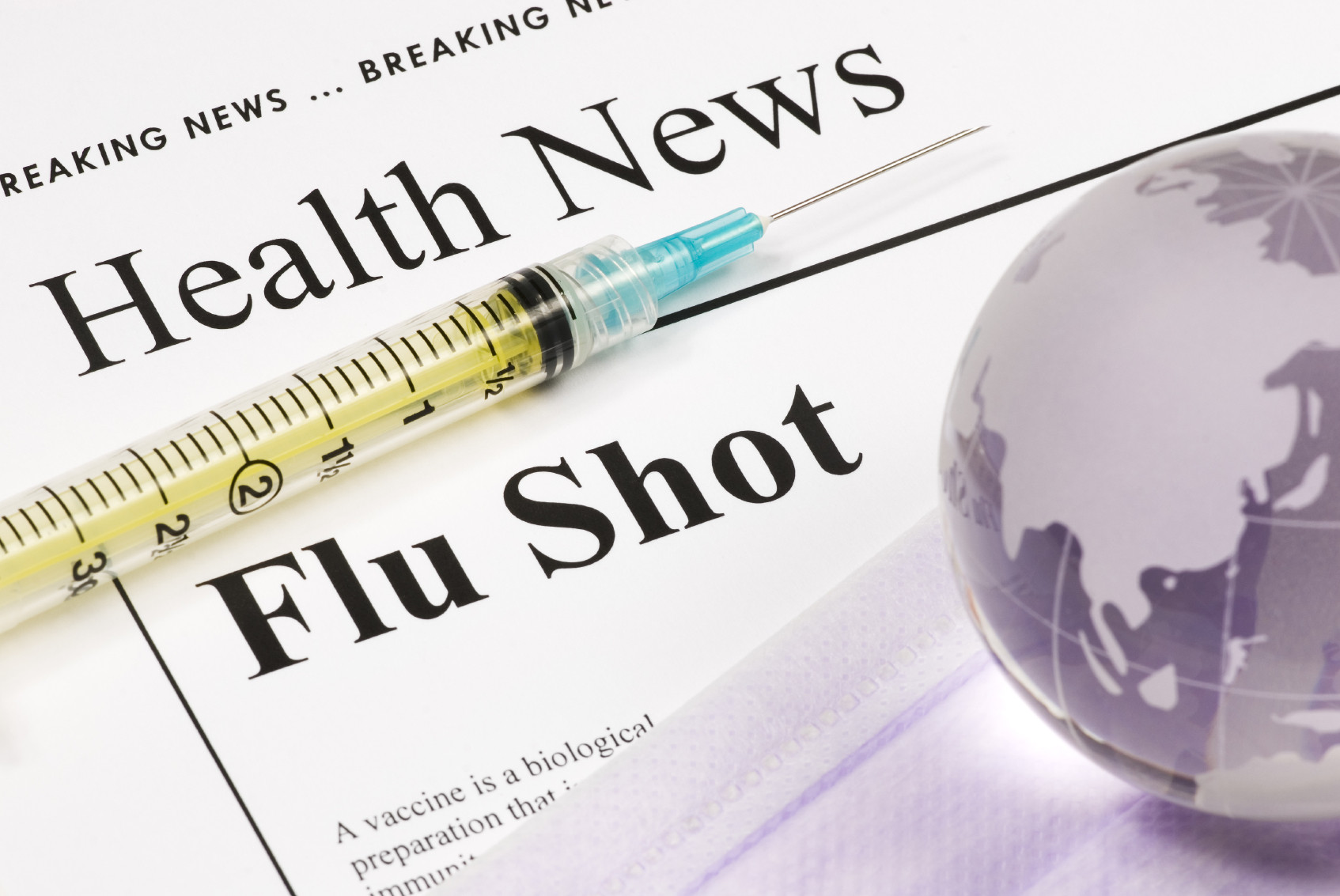
5 timeless habits for better health

What are the symptoms of prostate cancer?

Is your breakfast cereal healthy?

When pain signals an emergency: Symptoms you should never ignore

Does exercise give you energy?

Acupuncture for pain relief: How it works and what to expect

How to avoid jet lag: Tips for staying alert when you travel

Biofeedback therapy: How it works and how it can help relieve pain

Best vitamins and minerals for energy

Should you take probiotics with antibiotics?
Vaccinations Archive
Articles
Passing your physical exam
The annual check-up is important for older men. Here is how to make the most out of your visit.
Men have a long reputation for avoiding check-ups, and that resistance tends not to soften when they are older.
"Many older men put off exams because they fear finding out something is wrong," says Dr. Suzanne Salamon, a geriatrician with Harvard-affiliated Beth Israel Deaconess Medical Center. "Also, many of today's baby boomers don't think they will have medical problems associated with age, so it can difficult for the 'younger older men,' like those in their 60s and early 70s, to see their doctor."
In the journals: Flu-fighting drugs don't prevent spread to others
If you start taking an antiviral medication after catching the flu, will it keep your family members from catching the bug, too? Maybe not, according to a study in The Journal of Infectious Diseases.
The prescription antivirals oseltamivir (Tamiflu) and zanamivir (Relenza) can cut a case of the flu short by suppressing the virus's overpowering urge to copy itself inside you. Less viral "shedding" by the body could, hypothetically, make it less likely that people who live in the same house will also get sick.
4 vaccinations you may need
Adults need an annual flu shot and a Tdap booster every 10 years. People over 60 need a shingles shot, and those over 65 should have two pneumonia vaccines.
Ask the doctor: High-dose flu vaccine: Is it better?
Ask the doctor
Q. I heard there is a high-dose flu vaccine that could work better in older people. Is it safe even if a man has a medical problem like cancer or heart disease?
A. The high-dose flu vaccine is very similar to the standard flu vaccine but appears to provide slightly better protection against influenza. Both vaccines target three different strains of the flu virus, selected from the most common strains predicted to be circulating that year. The viruses are inactivated, or killed, so they cannot cause the flu, even in people with weakened immune systems. Finally, both vaccines can cause mild symptoms of arm pain, redness, muscle aches, or low-grade fever. Although most people have minimal to no symptoms, the high-dose vaccine may slightly increase the side effects.
Flu vaccination: Win some, lose some
If you got the flu shot last year and it didn't work, don't reject vaccination.
During last year's battle of The People vs. Influenza, the virus gained the upper hand. Early in the 2014–15 flu season, a new strain of the virus emerged against which the existing vaccine offered virtually no protection. Hospitalizations for flu in older adults spiked to the highest level in a decade.
New shingles vaccine may work better, but with more side effects
Findings from a major clinical trial show that a new type of vaccine for shingles is much more effective than the existing vaccine in older people, although the new shot comes with more side effects.
Ask the doctor: I've already had shingles. Should I still get the shingles vaccine?
I had shingles in 2005 and haven?t had a shingles shot. I haven?t been able to find any studies that indicate whether a shot is feasible for people who have already had shingles. What do you recommend?
Ask the doctor: Two pneumonia shots are better than one
Q. I'm 68, and I had the pneumonia vaccine a few years ago. Now I hear that I need to have two different ones. Do I really need to do this?
A. For many years, men who turned 65 were told that they needed a single pneumonia shot, called Pneumovax. Now the CDC suggests that older adults get an additional vaccination with a different vaccine, called Prevnar. The combination stimulates the immune system more effectively than either alone.
The two vaccines build immunity against different types of the bacterium, known as pneumococcus, that causes pneumonia. Pneumovax (PPSV23) protects against 23 common types of pneumococcus. Prevnar (PCV13) protects against 13 types.

5 timeless habits for better health

What are the symptoms of prostate cancer?

Is your breakfast cereal healthy?

When pain signals an emergency: Symptoms you should never ignore

Does exercise give you energy?

Acupuncture for pain relief: How it works and what to expect

How to avoid jet lag: Tips for staying alert when you travel

Biofeedback therapy: How it works and how it can help relieve pain

Best vitamins and minerals for energy

Should you take probiotics with antibiotics?
Free Healthbeat Signup
Get the latest in health news delivered to your inbox!
Sign Up










